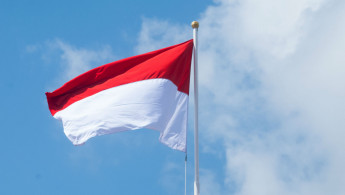Indonesia may seek prosecution of pharma firms as child AKI deaths rise
Indonesia's food and drugs agency on Monday said it may pursue criminal action against two pharmaceutical firms that made products linked to acute kidney injury (AKI), amid a spike in cases and deaths among children this year.
Authorities have temporarily banned sales of some syrup-based medications and identified the presence in some products of ethylene glycol and diethylene glycol as possible factors in the deaths of 141 children, most of whom were under five.
BPOM chief Penny K. Lukito said the agency would work with police to investigate the two firms with a view to criminal proceedings over the composition of their products. Penny did not identify the two companies.
"There are indications in their products… [of concentrations] that are highly excessive, highly toxic, and suspected to cause the kidney injury," Penny told a news conference.
Authorities have said cases spiked from August to October.
Asked why the spike was only recent, Health Minister Budi Gunadi Sadikin said it was most likely due to changes in the raw ingredients of medications.
He said the government had data on recent imports of raw ingredients and would share it at a later time.
Indonesia imports most of its raw ingredients for medicines from India and China, according to its health ministry.
Indonesia is investigating its rise in AKI cases in consultation with paediatric experts and the World Health Organization, following a similar pattern in Gambia, which has seen at least 70 child AKI deaths related to syrup medications.
BPOM recently named three medications that contained high levels of ethylene glycol and diethylene glycol and ordered those be taken out of circulation.
(Reuters)





 Follow the Middle East's top stories in English at The New Arab on Google News
Follow the Middle East's top stories in English at The New Arab on Google News
![Israeli forces ordered bombed Gaza's Jabalia, ordering residents to leave [Getty]](/sites/default/files/styles/image_330x185/public/2176418030.jpeg?h=a5f2f23a&itok=_YGZaP1z)

